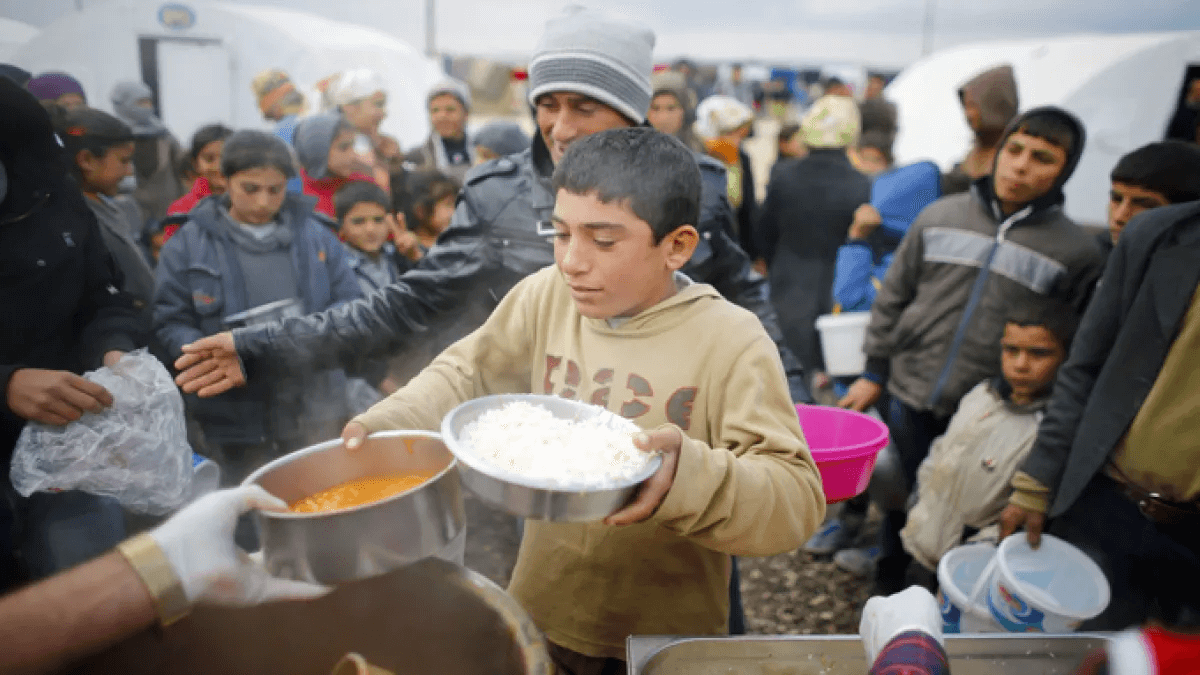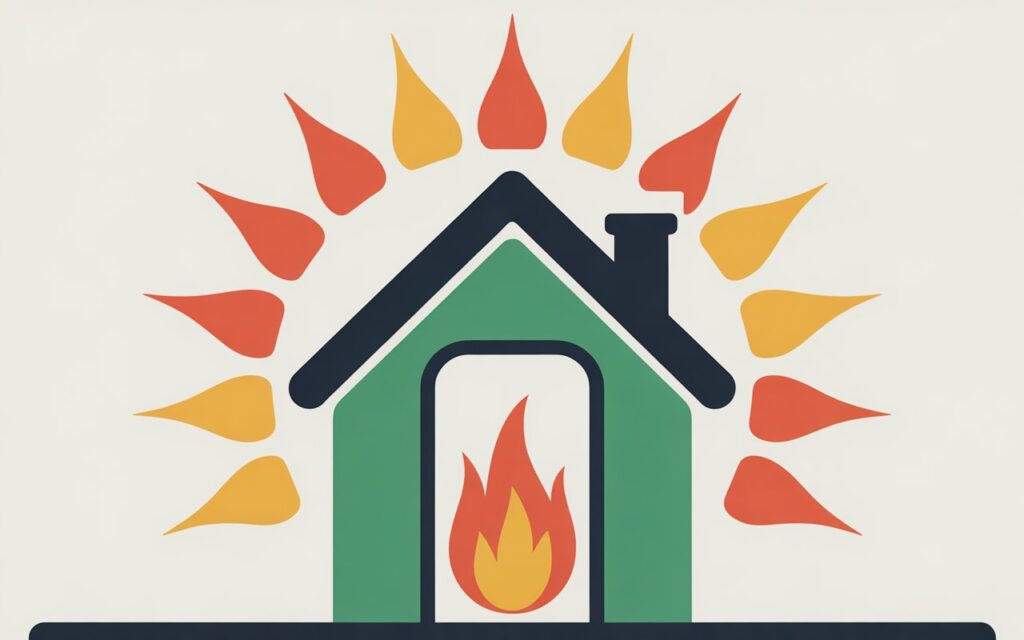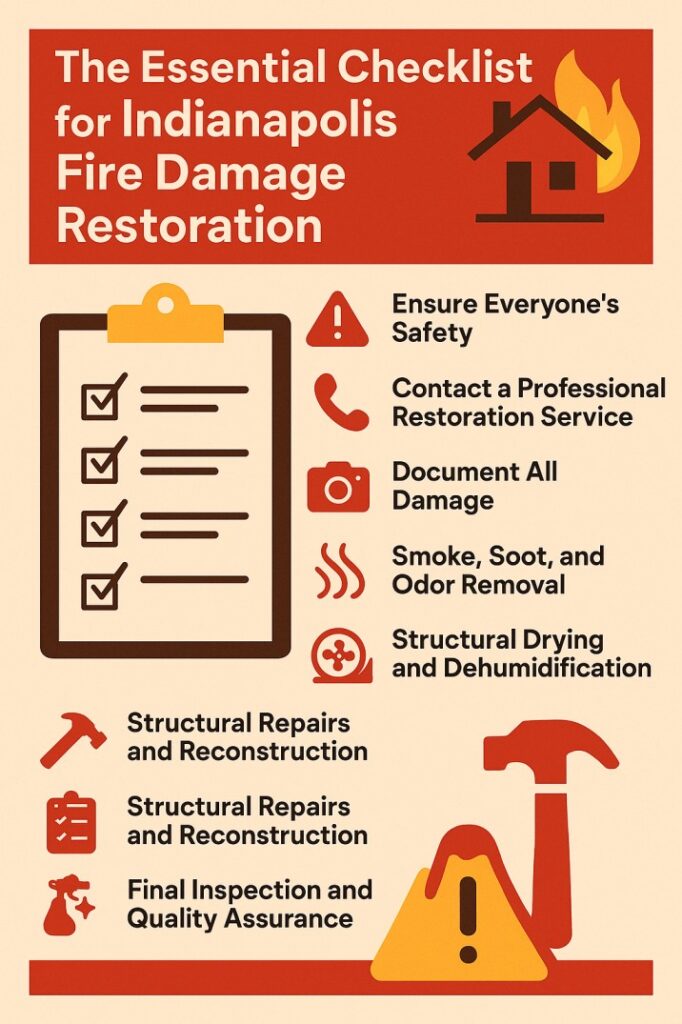Food is a basic human need. Yet for many Syrian families, it has become a daily struggle. Years of conflict and displacement have left millions without stable access to meals. Some rely on breadlines. Others ration what little they have to feed children first.
If you’re looking for a meaningful way to help, this is it. When you donate food to Syrian families, you give more than nourishment. You give stability, comfort, and a sign that someone cares.
Why Food Is Still Scarce
Even after more than a decade of crisis, food insecurity remains one of the biggest challenges Syrian families face. Farms have been destroyed. Supply chains are broken. Prices for basic goods have skyrocketed. Displaced families in and outside Syria often live on limited income, with no way to afford enough groceries.
In places like northern Syria and parts of Lebanon, access to fresh produce, dairy, and clean water is inconsistent. In winter, markets close or fuel shortages make cooking harder. The burden falls heaviest on children, elderly people, and widowed mothers.
That’s why food programs remain a top priority for humanitarian groups, and why direct contributions can make such a big impact.
How Your Support Helps
When you donate food to Syrian families, your gift helps fill the most immediate gaps. Whether it’s staple ingredients like rice, lentils, oil, and sugar, or ready-to-eat kits for those without kitchens, every contribution counts.
Some families receive monthly food parcels. Others get coupons for local markets to choose what they need most. These options restore a sense of agency, something that war often strips away.
Groups like Aramea Foundation work with trusted local suppliers to ensure donated food reaches communities fast. Their programs are designed around local knowledge, seasonal needs, and dignity for recipients. That means your donation is not only practical, it’s respectful.
What Makes Food Donations Different
Unlike other types of aid, food brings instant relief. It doesn’t require months of planning. It meets a need today. When families know they’ll eat, they can focus on the next step: finding work, sending kids to school, or planning for winter.
And unlike cash, food can’t be lost to inflation or inaccessible bank systems. In times of economic collapse, it’s a stable, trusted form of support.
Many Syrian families also see food as deeply cultural. Providing a meal isn’t just survival, it’s tradition. Donating food allows them to keep that part of life alive, even in exile or temporary shelters.
How to Donate Safely and Effectively
If you want to donate food to Syrian families, start with a verified organization. Look for clear descriptions of how food is sourced, packaged, and distributed. Read their impact reports, and if possible, choose monthly support for long-term stability.
Some groups like Aramea Foundation offer food-focused giving opportunities throughout the year, especially during Ramadan, winter, and back-to-school months. These moments stretch household needs, and targeted donations help meet the surge in demand.
You don’t need to ship items yourself. Just a small recurring gift can provide enough food to feed a child, support a pregnant mother, or supply a camp kitchen for a week.
You Can Make a Difference
Sometimes people hold back from giving because they think a small donation won’t matter. But it does. A bag of flour. A can of beans. A bottle of oil. That’s what it takes to put dinner on the table.
One family. One box of groceries. That’s how it starts.
Conclusion
When you donate food to Syrian families, you’re not just feeding people, you’re protecting health, restoring dignity, and showing compassion in a world where it’s too often missing.
You can make that difference today. Choose a trusted group that knows the needs, moves quickly, and works closely with local communities. Many people choose groups like Aramea Foundation for exactly that reason. They’re committed, transparent, and present where others are not.









